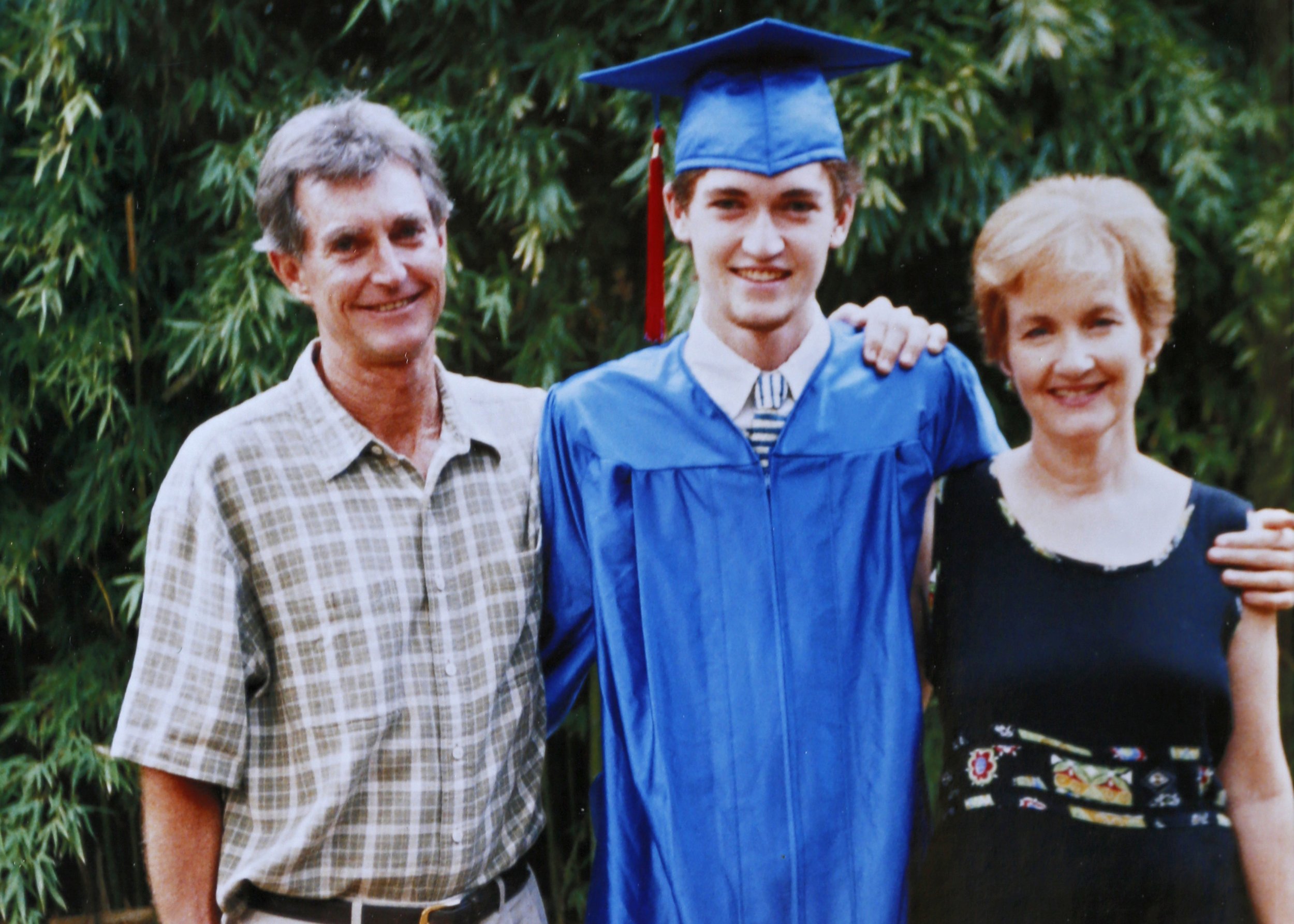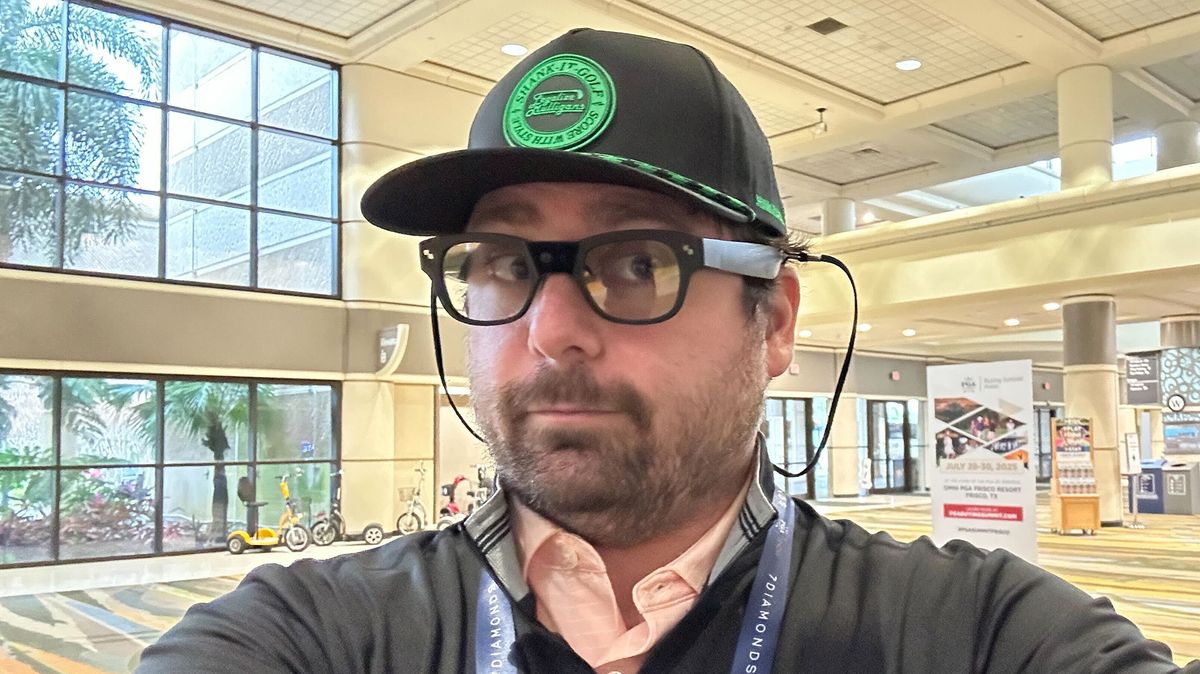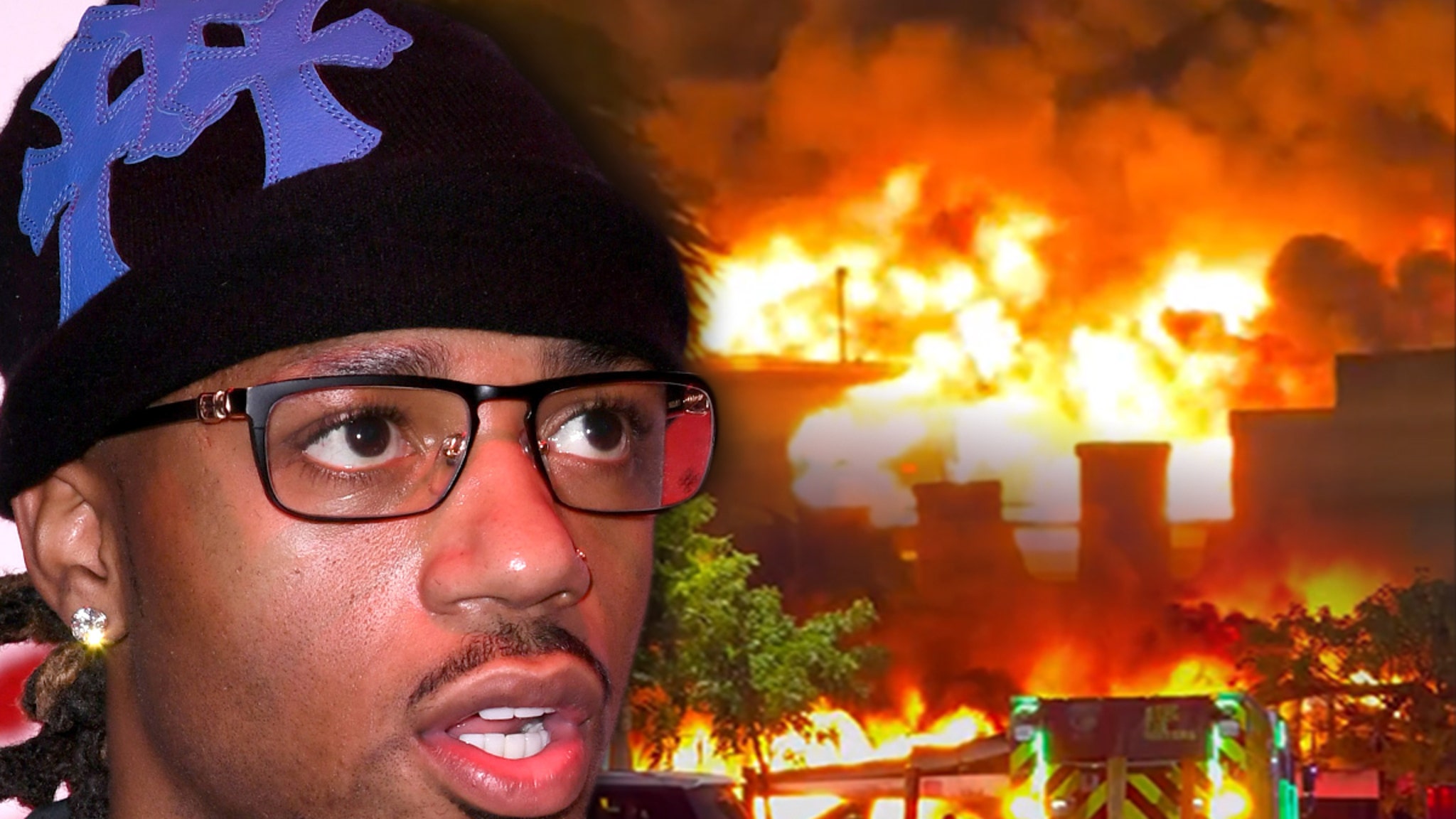WARNING: This story contains details that may be disturbing to some readers. Discretion is advised.

A documentary following an investigation into allegations of abuse and missing kids at the former St. Joseph’s Mission Residential School in Williams Lake has been nominated for an Oscar.
Sugarcane is up for the Best Documentary Feature award at the Academy Awards later this winter.
Secwepemc filmmaker, Julian Brave NoiseCat, and Toronto journalist, director, producer and cinematographer, Emily Kassie, explore allegations that the priests who fathered children with students at the school sent the infants to be killed in the incinerator.
“This film has meant the world to me,” NoiseCat told Global News, explaining his father was born at the school.
“The thing that really would hang over me about that, the moment of the nomination, was whether or not, whether our work would be recognized, really, but whether this story and its significance and the feeling at the core of it would be seen and recognized in this way.”
Story continues below advertisement
Kassie said when she heard the film was nominated, a wave of emotion hit her.
“Our whole team has just given everything that they’ve had to serve something that was bigger than us all,” she said.
“Our participants were incredibly vulnerable and brave.”
0:50
Williams Lake First Nation’s Chief talks plans for residential school search

On May 27, 2021, the Tk’emlúps te Secwepemc announced the finding of more than 200 potential unmarked graves of Indigenous children at the site of the former Kamloops Indian Residential School.

Get daily National news
Get the day's top news, political, economic, and current affairs headlines, delivered to your inbox once a day.
NoiseCat said that was the impetus for Sugarcane.
It also coincided with the start of an investigation to take place at the site of the former St. Joseph’s Mission Residential School.
“I think it’d be most accurate to say that there were agencies beyond yourself, you know, that are intergenerational, that involved many different people, some of them who are no longer with us, that brought us together to tell this story,” NoiseCat said.
Story continues below advertisement
“In that way, it feels like an incredibly special story, and one that was an incredibly important part of our lives.”
Regional Chief of the BC Assembly of First Nations, Terry Teegee, said seeing the film being nominated for an Oscar only further validates the story.
“I think it’s really important to understand, you know, these colonial — I would say genocidal — policies that were imposed on First Nations and Indigenous Peoples in North America had profound implications on Indigenous Peoples, and certainly it will take generations to recover from these genocidal policies that were imposed on First Nations,” he said.
6:46
More potential burial sites discovered in Williams Lake

“That’s how come it is so good that this was nominated for Best Documentary Film and that’s why it is so important to watch the film. And certainly, being nominated for an Oscar is going to spread the word.”
Story continues below advertisement
NoiseCat’s father, Ed Archie NoiseCat, who was born at the Williams Lake residential school, appears in the film alongside his son.
Trending Now
While the younger NoiseCat said it was challenging to tell such an intensely personal story, he was so grateful so many trusted him and Kassie with their stories.
‘When your story is one that gets at an unreported story of what happened to — in this instance — the babies born at St. Joseph’s Mission, and when your people are asking you to tell the story of what happened to us and when people are trusting you with their stories of what happened to them — I think that it became clear to me … that there was some responsibility on my part and my family’s part to share our story,” he said.
NoiseCat added it required a lot of bravery from his father, in particular.
Story continues below advertisement
“(He) still carries a great deal of pain from the circumstances of his birth,” he said. “I just am incredibly grateful to him and to my family for trusting me to tell that story and also for having the bravery to want to look for and ask the questions.”
The R-rated film premiered at the 2024 Sundance Film Festival and has already won several awards.
It was acquired by National Geographic Documentary Films and is available to be streamed on Disney+. National Geographic is also airing the film on Feb. 16, 2025.
The Academy Awards will be handed out on March 2 in Los Angeles.
The Indian Residential Schools Crisis Line (1-800-721-0066) is available 24 hours a day for anyone experiencing pain or distress as a result of their residential school experience.
Support is also available through the 24-hour National Indian Residential Schools Crisis Line at 1-866-925-4419.
The Hope for Wellness Help Line offers culturally competent counselling and crisis intervention to all Indigenous peoples experiencing trauma, distress, strong emotions and painful memories. The line can be reached anytime toll-free at 1-855-242-3310.
© 2025 Global News, a division of Corus Entertainment Inc.




















 English (US) ·
English (US) ·